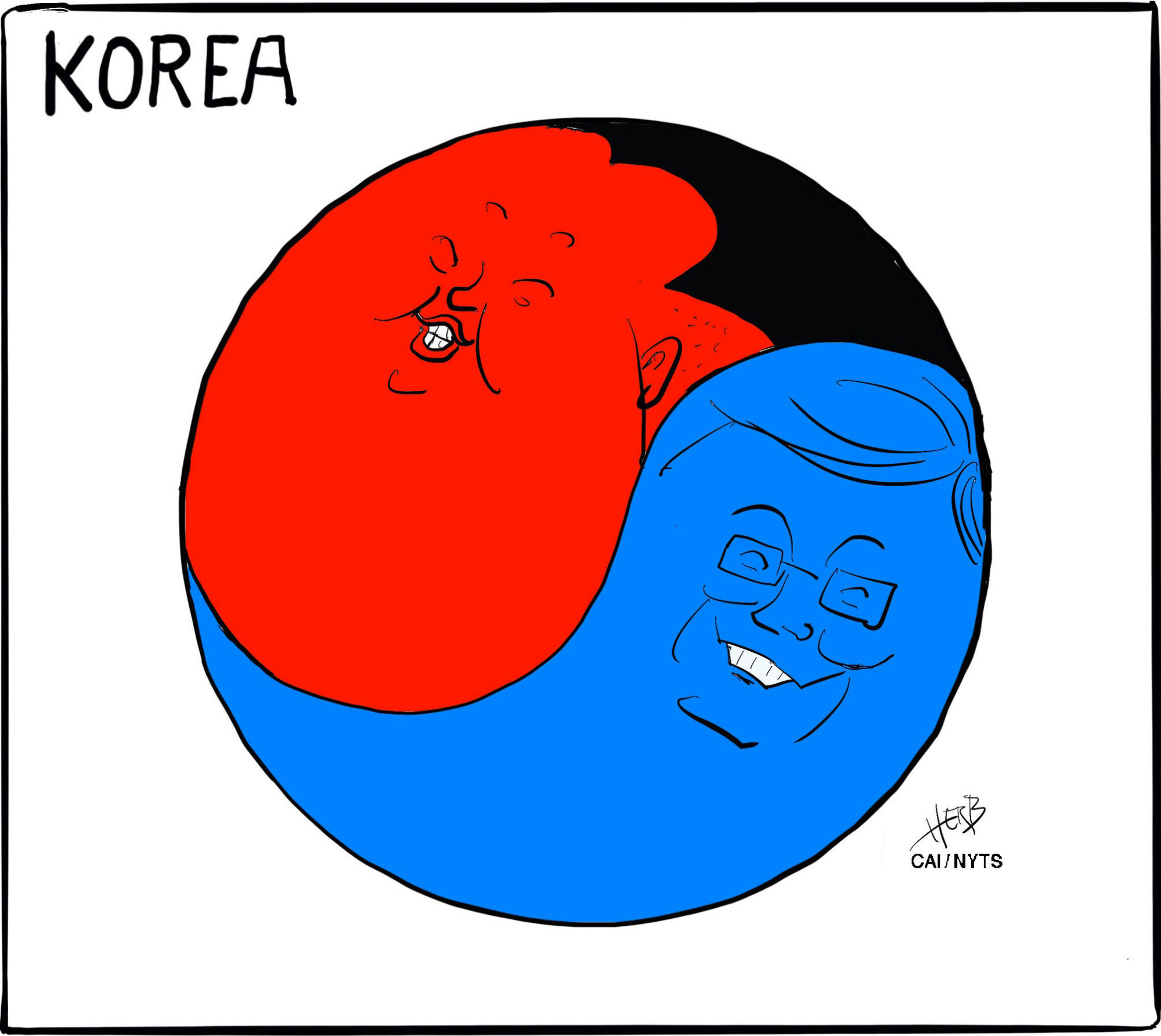The transformation of North Korea from pariah state to a focus of much hope and expectations has been nothing short of astonishing. Less than a year ago, worries about Pyongyang's nuclear ambitions and its erratic missile testing heightened tensions to the extent that worries of war breaking out loomed large. Since the Pyeongchang Olympics, however, North Korean leader Kim Jong Un's regime has been a driving force in setting the pace, tone and agenda for the international community in engaging with North Korea. In contrast, Japan's position as a leader in ensuring peace in the region has seemingly waned, as there are no immediate plans for a bilateral meeting between Prime Minister Shinzo Abe and Kim.
Concerns abound about Japan's own interests being sidelined by not being at the negotiating table with North Korea. Certainly, Japan has lived with the threat of a North Korean attack since the regime made clear its medium-range capabilities in 1998, unlike the United States, which has only begun to fear an attack by Pyongyang since its ICBM potential came to the forefront last year.
Japan's immediate concerns rightly remain making sure that medium- as well as short-range missiles that have threatened regional stability over the past two decades also be part of any denuclearization agreement that North Korea and the United States may agree to pursue. Not being at the negotiating table does weaken the voice of putting forward Japan's concerns.



















With your current subscription plan you can comment on stories. However, before writing your first comment, please create a display name in the Profile section of your subscriber account page.